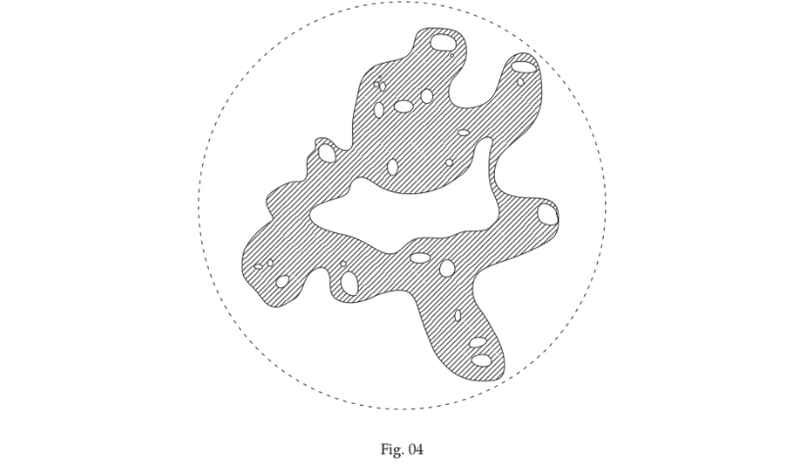
Towards the Edge of Knowledge; Lessons learned from sharing what (we didn’t know) we know
TEOK
Inception Ten minutes into Stefano Orani’s lecture, the room was silent. It was late April 2014, and around twelve people were sitting in a white living room, some on the couch, others on the floor. A side table had snacks and drinks at hand. Stefano stood in front of a projection of a spectacular image, […]
Inception
Ten minutes into Stefano Orani’s lecture, the room was silent. It was late April 2014, and around twelve people were sitting in a white living room, some on the couch, others on the floor. A side table had snacks and drinks at hand. Stefano stood in front of a projection of a spectacular image, a chronological diagram of the universe’s expansion since the Big Bang. A physical cosmologist, Stefano was one of the first guests of TEOK, an informal lecture series founded in Basel in early 2014, and he was sharing what he knew and loved about the first instants of the life of the universe. Guests were silent, absorbed by this larger-than-life topic that expanded way beyond what our brains are used to think about in daily life’s many menial tasks. The solemnity of the topic was, however, quickly interrupted by questions and doubts, in an approach that helped understand its complexity, bringing it closer to the minds and hearts of all those attending. By the end of the lecture, laughter filled the room – the sunset light was still strong, and a series of equations projected onto the wall lingered on as guests and speaker continued conversation.
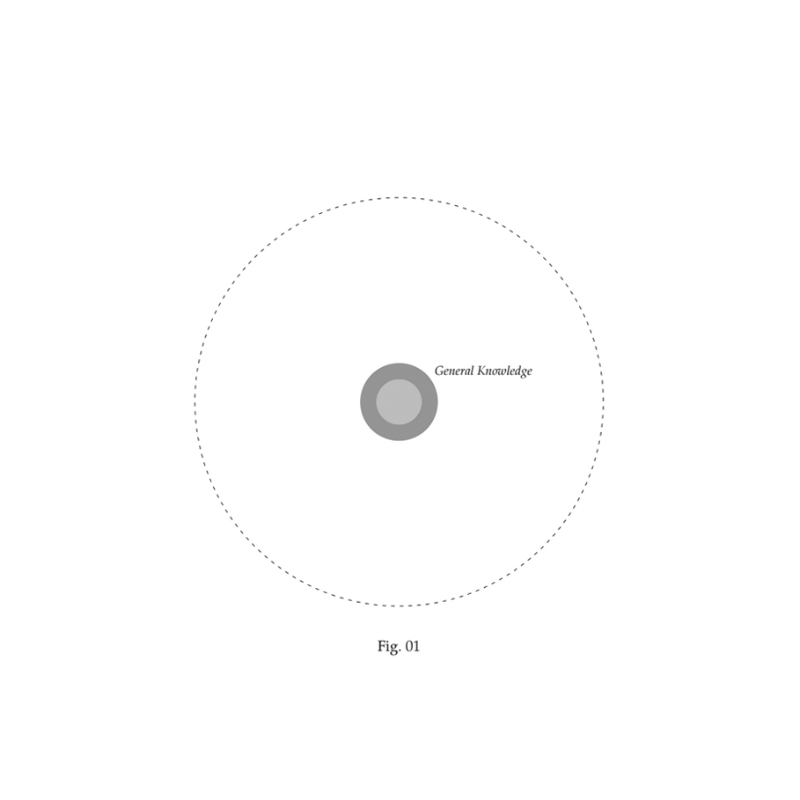
A project originally born out of a few drunken nights and whatsapp conversations, TEOK (an acronym for The Edge of Knowledge) is an informal lecture series where uncommon, unexpected topics are presented in someone’s living room. Lecturers are encouraged to talk about things they love and know about, but that are not centrally connected to their daytime occupation. Their short presentations are interspersed with snacks and drinks, to encourage informality and stimulate conversation, and topics have ranged from food to the cosmos, internet memes and personal obsessions. The events always take place on Tuesday nights, and surprisingly to us at first, leave everyone energised and full of ideas.
The series’ inception was sparked by curiosity. As expats living and working in Basel, the TEOK co-founders were genuinely puzzled by the amount of interesting people to be found in the city, not to mention its cultural capital and international aspect. In effect, Basel is, upon careful observation, one of the most international cities any of us has lived in to date; and not only that, but also filled to the brink with early and mid-career professionals with different life and cultural experiences, most of whom are significantly competent and have come here to work, live and achieve something. This makes for an extremely singular combination, and we were fundamentally curious about what moves and intrigues these people other than their day job. The foundation of TEOK hinges on the belief that all of us, in this city, know more about something than anyone else around them; should they share their knowledge, the lives of those who surround them will become better. The event series advocates the dissemination of know- ledge in its most pure incarnation, and no topic is considered unfit for a TEOK lecture. Sharing is caring and TEOK is the living proof of this assertion.
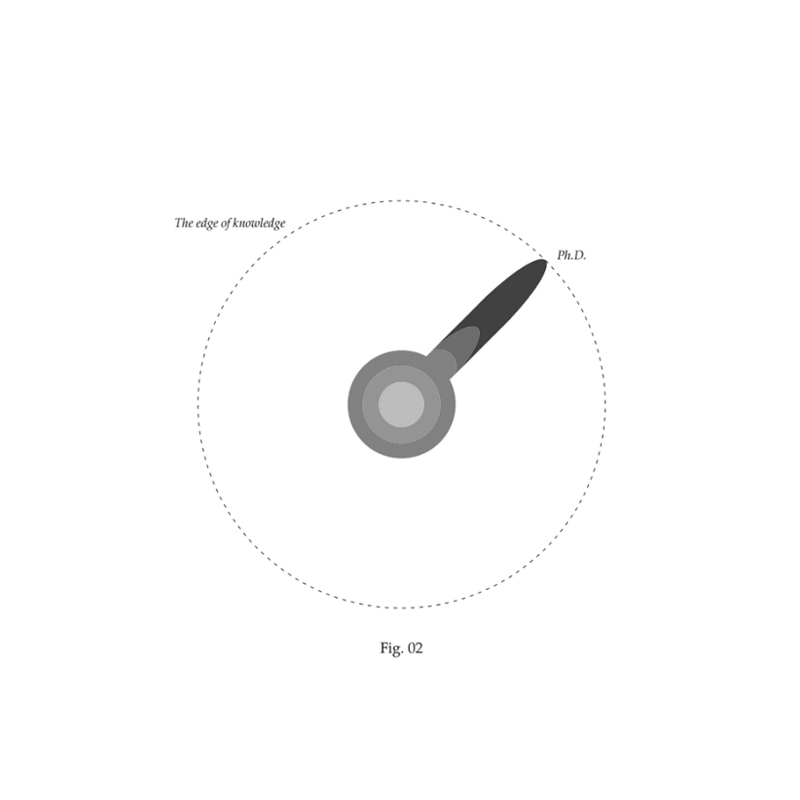
Growth
Throughout the next nine months, TEOK grew in scope and complexity. Our speakers proposed new, interactive lecture formats, doing away with the projector at times and delving into more experimental territory. The curation process behind the event showed us that, at times, speakers don’t think that what they are interested in would be interesting for a wider audience – it is our challenge to change their perspective, too, and make them see their own interests from an outsider’s point of view. Topics and ideas discussed in the lectures soon became more interactive and participatory. Jasmin Albash gave us a singing lesson, introducing TEOK guests to the Complete Vocal Technique and showing that everyone can sing even if they don’t really think that way. David Gregori y Ribes and Brigitte Clements brought unexpected food pairings, proposing combinations that challenged our notion of taste and enhanced our experience of coffee. But the complexity and interaction was not restrained to the mere formal aspect of the lectures; speakers like Tobias Eglauer challenged the core definition of The Edge of Knowledge (fig. 1 and 2), proposing a redefinition of knowledge (fig. 3) from a clear-cut term to an ambiguous denomination full of grey areas (fig. 4). Through his lecture, we understood that knowledge is also incremental and questionable, and through unexpected interpretations there can be new ways of looking at the world around us.
Similarly, lecturers such as Matylda Krzykowski raised the ante, proposing different ways to look at the world from the point of view of an object or typo- logy (fig. 5). Matylda chose the sausage as a typological starting point, and took TEOK guests on a fascinating tour that connected the plate to contemporary sculpture and minimalist art. Simultaneously, Mariana Santana also used her core training as an architect to take TEOK guests on a journey through François Schuiten and Benoît Peeters’ Les Cités Obscures comic series. Her lecture was a typological delight, analysing architectural influences and echoes in a singular parallel world. With these experiences, we understood that the creative audience that comprises most of the community around TEOK brings a fundamentally different outlook into the unexpected topics they choose to share their views on (fig. 6). This is a way of seeing that is fundamentally architectural and artistic, and ultimately changes the perspective of all those attending the event.
We didn’t realise this would happen before we started, but slowly, TEOK grew from a mere friend’s meet- up to something very different. As the events continued throughout the year of 2014, the community around TEOK grew and expanded exponentially. Drawing initially from the interests and intellectual pursuits of those nearer to us, we ended up getting in touch with several fascinating individuals and institutions, all of which merely confirmed the suspicion that gave rise to TEOK in the first place; we find that what we are actually doing is a survey of the cultural outputs of the contemporary, creating a window into the fantastic, rich ensemble of people that live and work in this city.
Expansion
At 7:40 PM on early December 2014, the large Depot Basel gallery space was empty. There were benches and chairs scattered around, some blankets on the wooden f loor, and an unflinching beam of light projected onto a white painted glass, where the word TEOK floated in mid-air. A long side table harboured a myriad vessels with small amounts of food inside. The fridge was full of beer. But there was nobody there. Yet.
Depot Basel was the first local institution to invite TEOK to partner in one of their specific programs. Before, the event always depended on the generosity of its hosts, members of the TEOK community that offered their living rooms to host the event, determining the intimate scale and scope of each session and the reduced number of guests that could be present. At the end of the year, Depot Basel’s invitation came just at the right moment – our 10th edition and one-year anniversary – giving us the opportunity to reflect, for the first time, about the nature and potential impact of TEOK. It also gave us the opportunity to inhabit a larger space and open up the event to all the city: projecting the lectures onto one of the Depot Basel windows, we created a moving display that could be seen by anyone crossing the surroundings.
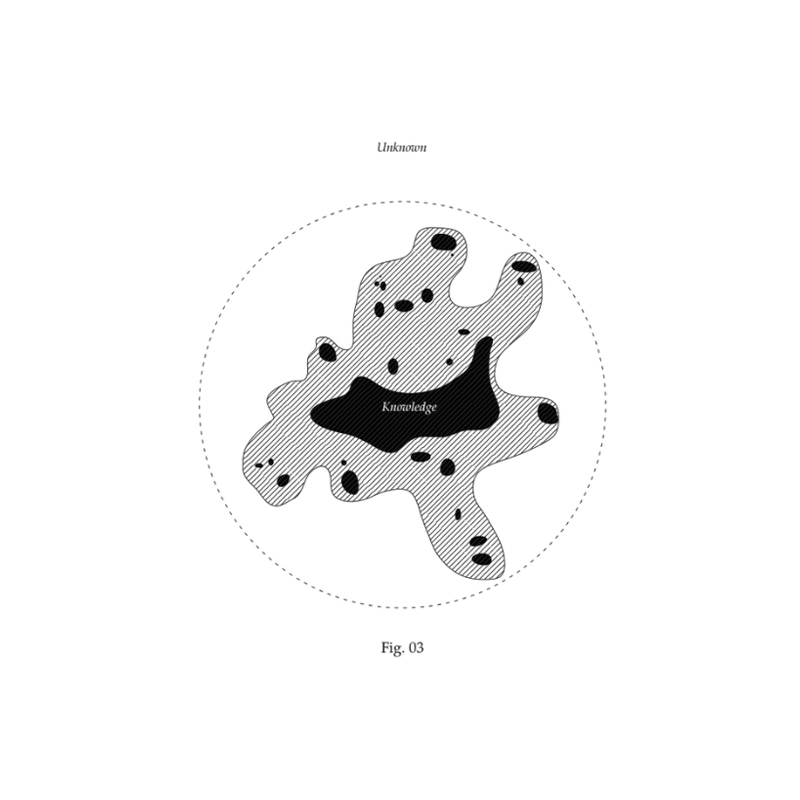
The structure of the evening was, in this occasion, more ambitious and somewhat more formalised. Adhering to Depot Basel’s DISPLAY program, the 10th edition of TEOK was structured around that concept in collaboration with Depot Basel, with lectures delving more or less literally into the topic – ranging from a taxonomy of museum displays to Spanish roundabout “art”. The next days, many encounters around the city referenced the evening, still: people were intrigued, stimulated and curious, had thought about the presentations on their way home, debated them with their partners and friends, taking TEOK outside the time and place of the event, into their brains, their lives, their conversations. The impact continued beyond the physical reality of the event: it had stayed with those who had witnessed it, not just a visual impression, but sparking intangible consequences in thoughts and ideas.
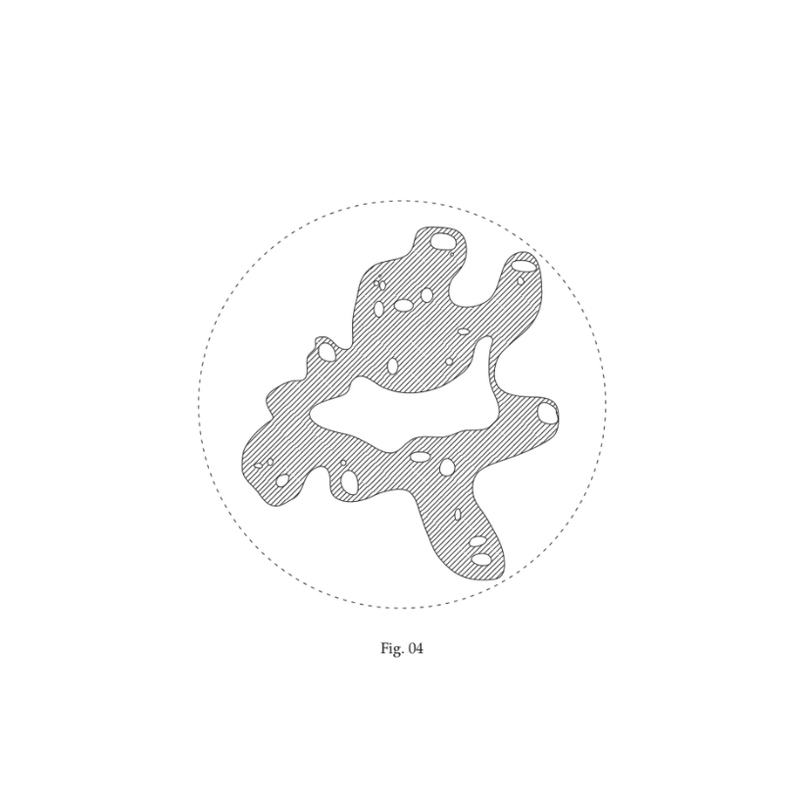
This immaterial impact, intangible and immeasurable, is for us the most rewarding aspect of TEOK. The repeated observation that the events stay in the minds and hearts of people has made us wonder if in contemporary society, where the Taylorist conception of work and production is currently falling into decline and constantly being questioned, there can be new models to inspire and encourage work and production – in our particular case, the production of knowledge. And if TEOK is not just an opportunity to disseminate, but to generate knowledge itself, capturing the essence of the contemporary.
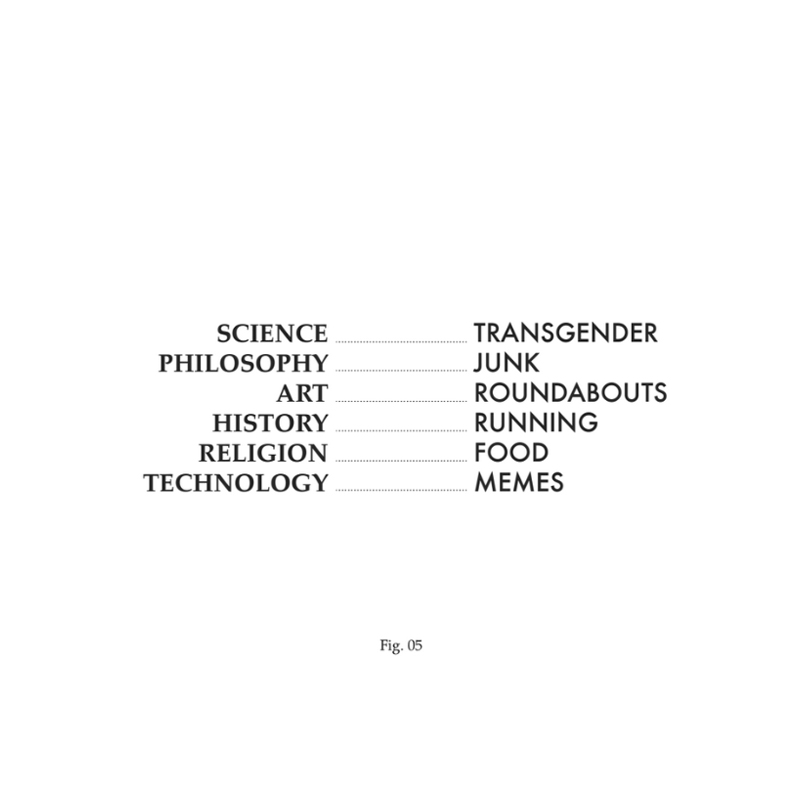
As we question what will be the future impact and reach of this initiative, TEOK has started to expand and evolve, in a rhizomatic manner that starts to escape our control. The original concept of an intimate event is still maintained and continued in Basel. Simultaneously, TEOK has forged partnerships and collaborations, such as the one we initiated with Depot Basel, and generated offshoots in different cities – until now, Madrid and Santiago. The event series gains a standing in other contexts, reinforcing existing networks and uncovering new possibilities of collaboration, creating new modes of inspiration and spreading what we’ve come to believe is a good virus.
